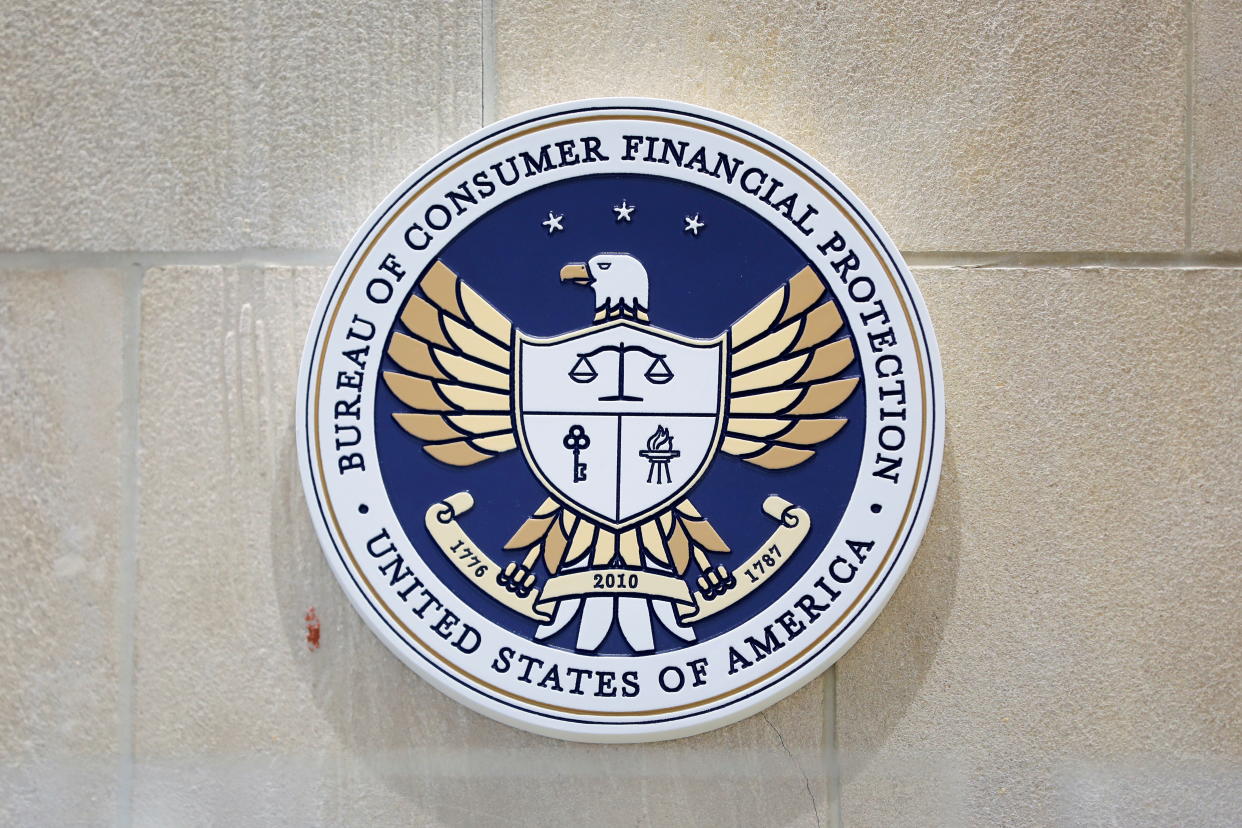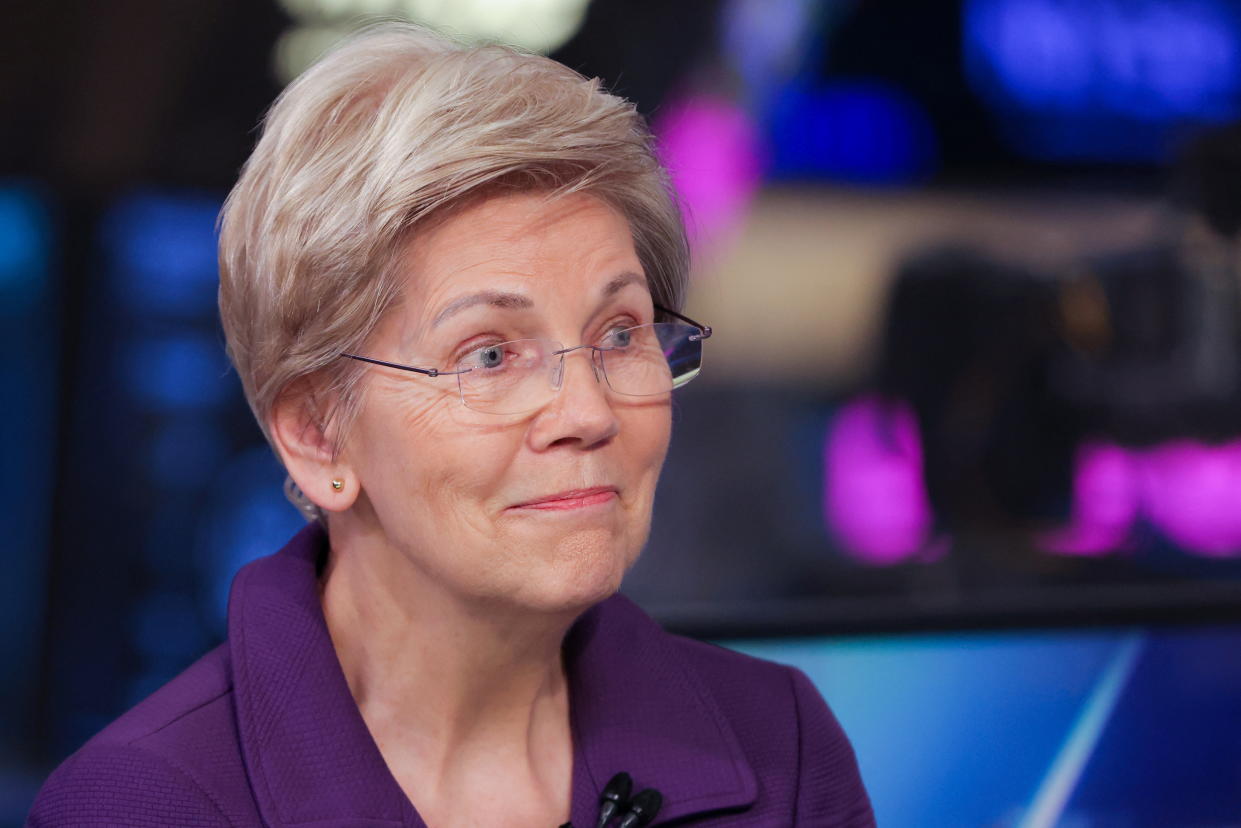Companies hoping to evade CFPB don't get what they want from Supreme Court
Companies hoping to evade the Consumer Financial Protection Bureau did not get what they wanted Thursday as the Supreme Court rejected an attempt to undercut funding of the Washington financial watchdog.
The highest US court handed down a decision that keeps the CFPB intact and, more broadly, establishes Congress's wide discretion over public funds.
In the case — CFPB v. Community Financial Services Association of America — the high court held in a 7-2 decision that the agency’s funding meets the requirements of the Constitution’s Appropriations Clause.
The fate of the CFPB was put in jeopardy when trade associations representing payday lenders and credit access companies sued, claiming that the unusual funding structure for the CFPB was unconstitutional.
The CFPB, a consumer watchdog agency created by Sen. Elizabeth Warren in the wake of the 2008 financial crisis, draws its funds from the earnings of the Federal Reserve rather than directly from the Treasury.

Congress granted the bureau standing authority to tap into the funds, outside the annual appropriations process, in an amount that its director deems "reasonably necessary to carry out” the bureau's duties.
The lenders argued that that law could not satisfy the Appropriations Clause, which requires that when Congress designates funds from the Treasury, it does so for a specific use.
In finding that the funding mechanism for the CFPB met that standard, the majority of the court rejected the challengers' claim that permitting it would empower Congress to fund other agencies in the same way and leave the executive branch "free of any meaningful fiscal check."
History dating back to colonial times supports two basic requirements, Justice Clarence Thomas wrote in the majority opinion. One is that the legislature control allocation of public funds, and the other is that the funds serve a particular purpose.

Beyond that, the justices said, there were few limits.
Last October, Sen. Warren told Yahoo Finance that a Supreme Court decision finding the CFPB unconstitutional could upend other government-led agencies and systems that serve consumers.
That includes Social Security and Medicare, both of which are not funded by Congress.
The high court’s decision overturns a ruling by the 5th Circuit Court of Appeals that said Congress violated the appropriations clause when it gave permanent statutory authority to get funding from the Federal Reserve.
Alexis Keenan is a legal reporter for Yahoo Finance. Follow Alexis on Twitter @alexiskweed.
Yahoo Finance's Jennifer Schonberger @Jenniferisms contributed to this report.
Read the latest financial and business news from Yahoo Finance
